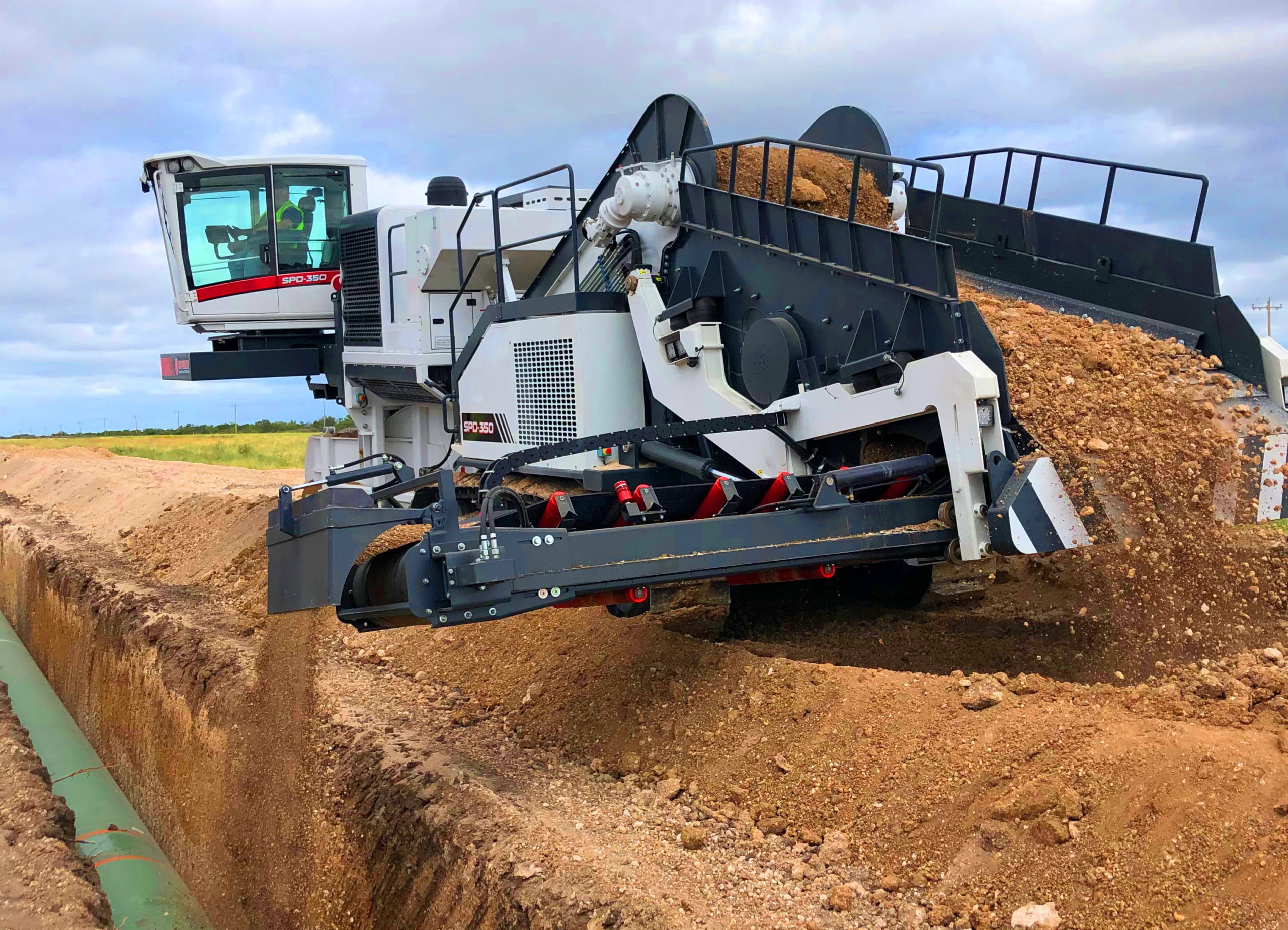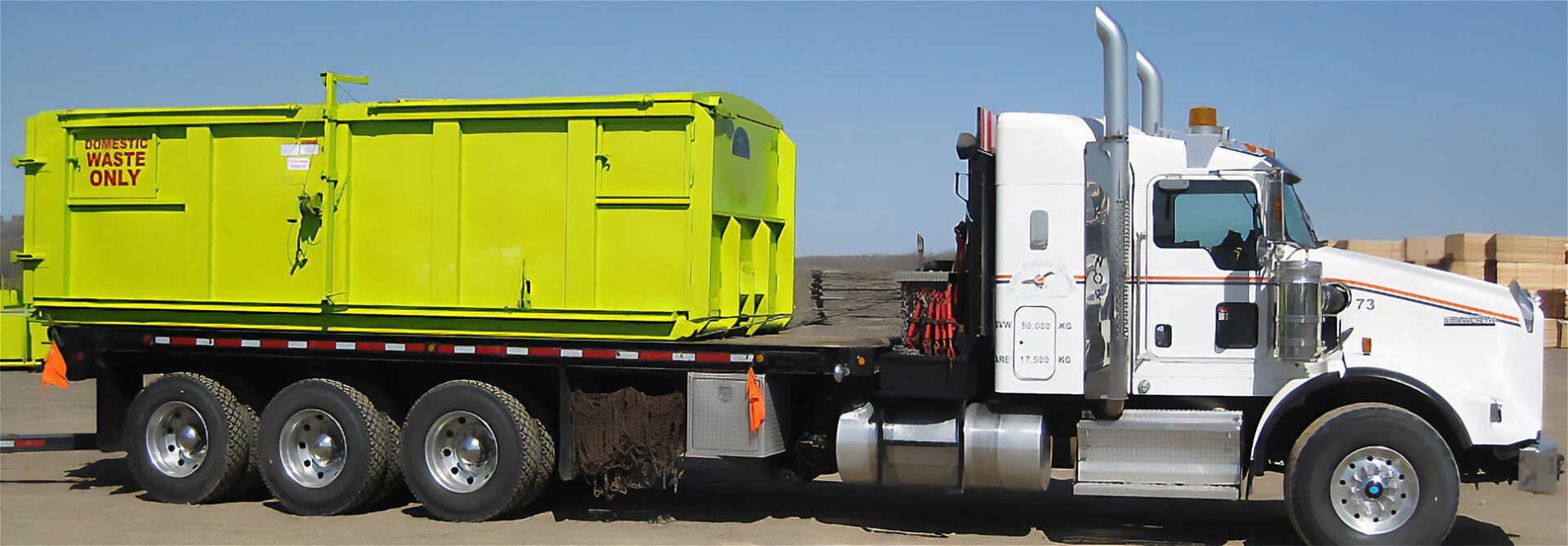A Comprehensive Overview to the Numerous Kinds Of Oil Field Equipment and Pipeline Equipment Available
The oil and gas industry depends heavily on specific equipment for effective removal and transport. Various sorts of equipment, from piercing rigs to storage space containers, play important duties in this complex process. Each item of equipment offers unique functions that add to total functional success. Recognizing these components is crucial for anybody involved in the sector. As the industry progresses, so as well do the technologies that sustain it. What advancements are on the horizon?

Drilling Rigs: The Foundation of Oil Exploration
Drilling rigs function as the necessary machinery in the domain name of oil expedition, allowing firms to access hydrocarbon gets hidden deep underneath the Earth's surface area. These rigs can be found in different kinds, including land rigs, offshore rigs, and mobile systems, each made to operate in details atmospheres. Outfitted with advanced modern technology, drilling rigs can pass through geological formations with accuracy, ensuring effective source extraction. The architectural honesty and operational abilities of these rigs are critical, as they should hold up against extreme conditions and substantial pressures. The choice of a drilling rig affects the total project expense and timeline, making it a crucial factor to consider for oil companies seeking to enhance their expedition efforts and optimize performance in their procedures.
Pumps: Essential for Liquid Activity
In the oil removal procedure, the duty of pumps is substantial, promoting the activity of liquids throughout various phases of manufacturing. Pumps are essential for carrying unrefined oil, water, and various other fluids from underground tanks to the surface area and after that with pipes to refineries. They come in different kinds, including centrifugal, favorable variation, and completely submersible pumps, each serving particular purposes based on the fluid characteristics and functional demands. Centrifugal pumps are typically made use of for their efficiency in high-flow applications, while positive displacement pumps succeed in managing viscous fluids. The choice of pump impacts general effectiveness, operational security, and maintenance costs. Appropriate selection and maintenance of pumps are crucial for maximizing production and reducing downtime in oil area operations.
Valves: Managing Circulation and Pressure

Valves play a crucial role in handling the circulation and pressure of fluids within oil areas and pipelines. Various sorts of shutoffs offer distinct applications, each made to meet details features basic for efficient procedure - Superior Rentals midland. Comprehending the features and uses these valves is necessary for maximizing system performance and safety
Kinds of Valves
Necessary parts in oil area procedures, valves play a crucial function in regulating the circulation and stress of fluids within pipelines and devices. Different sorts of valves are made use of to fulfill the diverse requirements of oil and gas manufacturing. Typical kinds include entrance valves, which offer a straight-line circulation and minimal pressure decline; world shutoffs, understood for their throttling capabilities; and ball shutoffs, identified for their fast on/off control. In addition, check shutoffs avoid backflow, while butterfly shutoffs supply a light-weight service for regulating circulation. Each shutoff kind is developed with particular products and setups to hold up against the severe conditions often found in oil areas, making certain integrity and efficiency in operations. Understanding these types is vital for reliable system administration.
Valve Applications and Functions
While numerous kinds of valves offer distinct objectives, their main applications focus on regulating circulation and pressure within oil and gas systems. Shutoffs such as entrance, world, and round valves manage fluid activity, making certain peak performance and safety. Gateway shutoffs are generally made use of for on/off control, providing very little flow resistance. World valves, on the various other hand, offer exact flow guideline, making them suitable for throttling applications. Round valves are preferred for their quick procedure and tight sealing capacities. In enhancement, pressure relief shutoffs are important for protecting against system overpressure, guarding equipment honesty. On the whole, the proper selection and application of shutoffs boost operational efficiency, making sure the reliable transport browse around here of oil and gas with pipelines and processing facilities.
Compressors: Enhancing Gas Transport
Compressors play a crucial function in the effective transportation of natural gas, making sure that it relocates smoothly through pipes over lengthy ranges. These tools increase the pressure of all-natural gas, permitting it to conquer rubbing and altitude adjustments within the pipeline system. In addition, compressors help with the harmonizing of supply and demand, suiting variations in intake and production rates. Different sorts of compressors are used in the industry, consisting of centrifugal, reciprocating, and rotating screw compressors, each offering distinctive benefits based on the operational requirements. Regular maintenance of these compressors is important to make best use of efficiency and minimize downtime, ultimately contributing to a trusted gas transport network. Their crucial function underscores the significance of compressors in the overall oil and gas infrastructure.
Storage Tanks: Safe and Efficient Liquid Monitoring
Reliable transportation of natural gas relies on numerous support group, one of which is the proper monitoring of tank. These storage tanks play an essential duty in securely including fluids, making certain that functional efficiency is kept while minimizing ecological dangers. Built from resilient materials, they are developed to withstand high pressures and harsh components. Appropriately sized and tactically located, storage space tanks assist in the smooth circulation of gas and other fluids, protecting against bottlenecks in supply chains. Normal upkeep and monitoring are critical to detect have a peek here leakages or structural concerns, promoting safety and security and conformity with regulative requirements. Eventually, the effective administration of storage containers is crucial for the total integrity and reliability of the oil and gas market's liquid handling systems.
Pipeline Equipments: Infrastructure for Transport
Pipeline systems offer as the foundation of the oil and gas sector, assisting in the reliable transport of hydrocarbons over large ranges. These systems contain various elements, consisting of pipes, shutoffs, pumps, and compressors, all carefully made to assure seamless circulation. The products made use of in pipeline building and construction, frequently steel or high-density polyethylene, are chosen for toughness and resistance to corrosion. Pipeline networks can cover throughout land and water, attaching manufacturing sites to refineries and distribution. In addition, advanced technology allows real-time tracking of circulation prices and pressure degrees, boosting functional efficiency. The critical placement of these pipes lessens environmental effect while optimizing resource accessibility, therefore playing an important function in meeting energy needs internationally.
Safety And Security Equipment: Guaranteeing Employee and Environmental Management
The procedure of pipeline systems, while essential for power transport, also provides significant safety and security difficulties for workers and the setting. Security tools plays a significant role in minimizing these threats. Individual protective equipment (PPE) such as helmets, handwear covers, and non-slip footwear safeguards employees from physical risks. Furthermore, gas detection systems monitor for leakages, making sure that unsafe materials do not present a risk to workers or the surrounding community. Emergency shutdown systems are critical for promptly stopping operations throughout a dilemma, stopping possible catastrophes. Spill control products, including absorbents and obstacles, are fundamental for minimizing ecological influence. Overall, buying all-inclusive security equipment is crucial for keeping functional honesty and protecting both workers and the atmosphere in the oil and gas sector.

Often Asked Questions
Just how Do I Choose the Right Oil Field Equipment for My Job?
Selecting the appropriate oil field browse around here devices entails reviewing project specs, budget plan restrictions, and operational demands. Think about aspects such as devices reliability, compatibility with existing systems, and the distributor's reputation to ensure peak performance and safety.
What Are the Upkeep Requirements for Oil Field Equipment?
Upkeep demands for oil area tools include routine inspections, lubrication, and timely repair services. Operators must also abide by supplier standards, monitor efficiency metrics, and assurance compliance with security laws to enhance long life and efficiency.

How Can I Make Sure Compliance With Environmental Rules?
To guarantee conformity with environmental laws, business should carry out normal audits, execute best practices, purchase training, keep proper documentation, and stay updated on regulation (Superior Oilfield Rentals oilfield). Partnership with ecological companies can likewise enhance adherence to regulations
What Is the Ordinary Life Expectancy of Pipeline Equipment?
The typical life-span of pipeline equipment commonly ranges from 20 to 50 years, relying on aspects such as worldly quality, ecological problems, and maintenance methods. Regular assessments can considerably influence durability and operational performance.
Just how Do I Securely Transport Oil Field Equipment to Remote Locations?
Delivering oil field tools to remote areas needs cautious preparation, including route analysis, safeguarding licenses, making use of ideal lorries, and making sure safety and security protocols are complied with. Correct training and communication amongst crews are essential for effective transport.